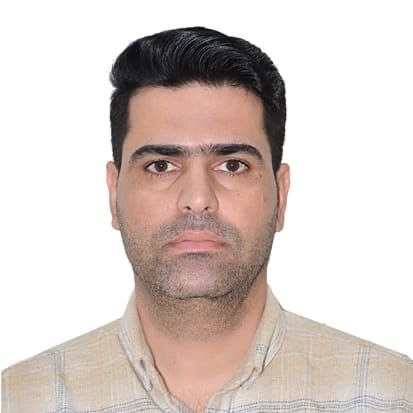Biography
My name is Rizgar Hamad Khidhir. I obtained my Bachelor's degree in Accounting from Sulaimani University in 2008. Later, in 2016, I earned a Master's degree in Accounting and Finance from Cyprus International University.
In 2008, I began my career as a teacher at Nozan School and Zanst High School under the Directorate of Education in Rania.
In 2010, I started working as an accountant at the Ranya Reconstruction Directorate. The following year, in 2011, I was promoted to Head of Investment Accounting. In 2018, I became the Head of Regular Accounting at the Raperin Road Maintenance and Protection Directorate.
I was one of the founding members of the General Directorate of Roads and Housing Reconstruction of Raperin, which was established in 2023. After its establishment, I was appointed as the Head of Accounting.
In early 2025, I joined the Directorate of the Center for Pedagogical Training and Academic Development at the Presidency of Raperin University. Later that same year, on July 22, 2025, I was granted a scientific title.
Philosophy of Teaching
Core Principles of an Effective Teaching Philosophy
1. Student-Centered Learning
A. Focus on what and how students learn, not just what you teach.
B. Encourage curiosity, critical thinking, and independent problem-solving.
2. Active Engagement
A. Learning works best when students do, discuss, and reflect, not just listen.
B. Use examples, projects, debates, and real-world applications.
3. Inclusivity & Equity
A. Recognize that students have diverse backgrounds, learning styles, and needs.
B. Build an environment where every student feels valued and capable.
4. Growth Mindset
A. Teach students that intelligence and skills can be developed.
B. View mistakes as opportunities for learning, not failures.
5. Clarity & Structure
A. Balance inspiration with clear expectations and organization.
B. Provide roadmaps, feedback, and scaffolding so students know how to succeed.
6. Reflective Practice
A. A great teacher is also a learner.
B. Regularly reflect, seek feedback, and adjust methods to improve.
7. Real-World Connection
A. Link lessons to students’ lives, current issues, or future careers.
B. Helps learners see relevance, not just theory.

